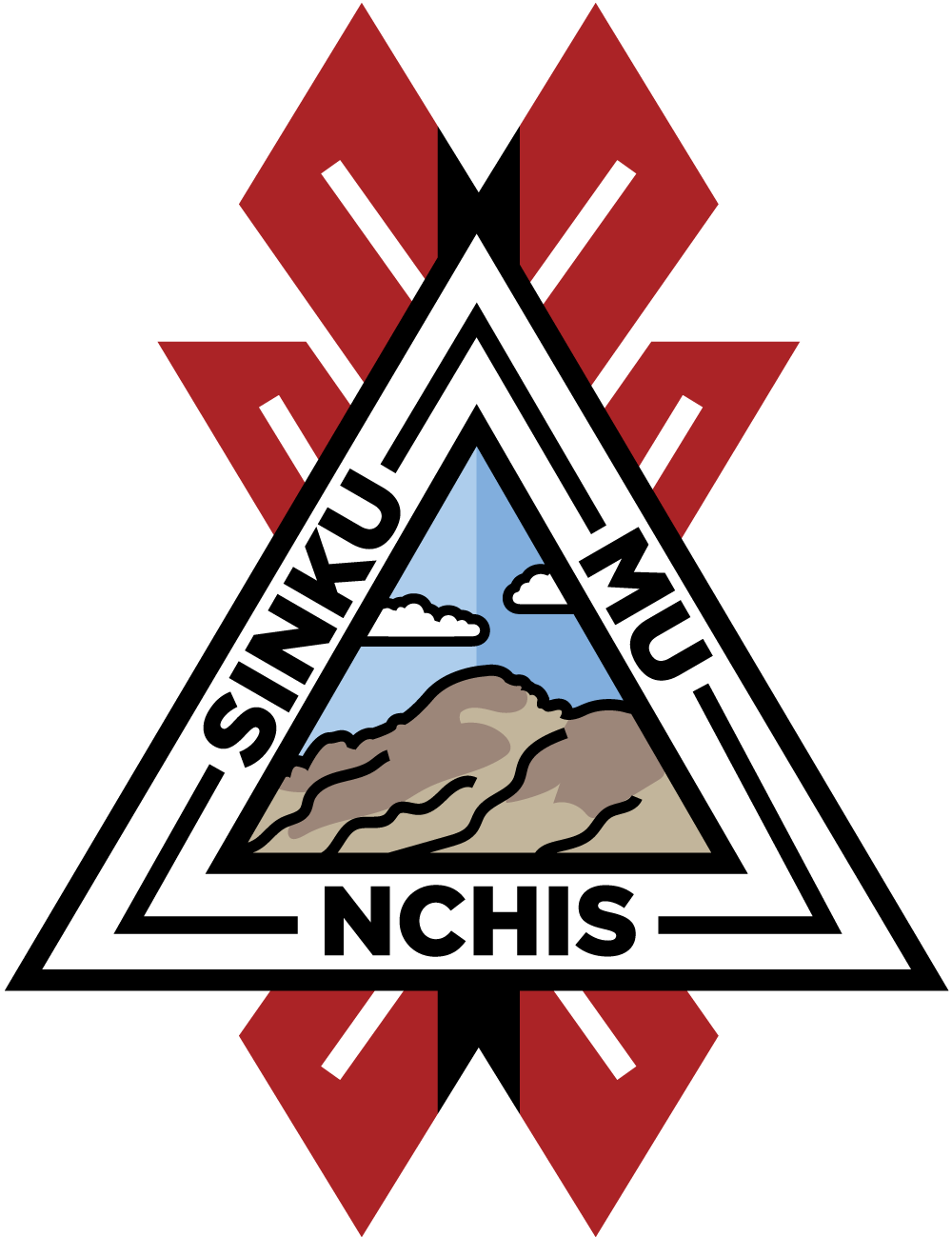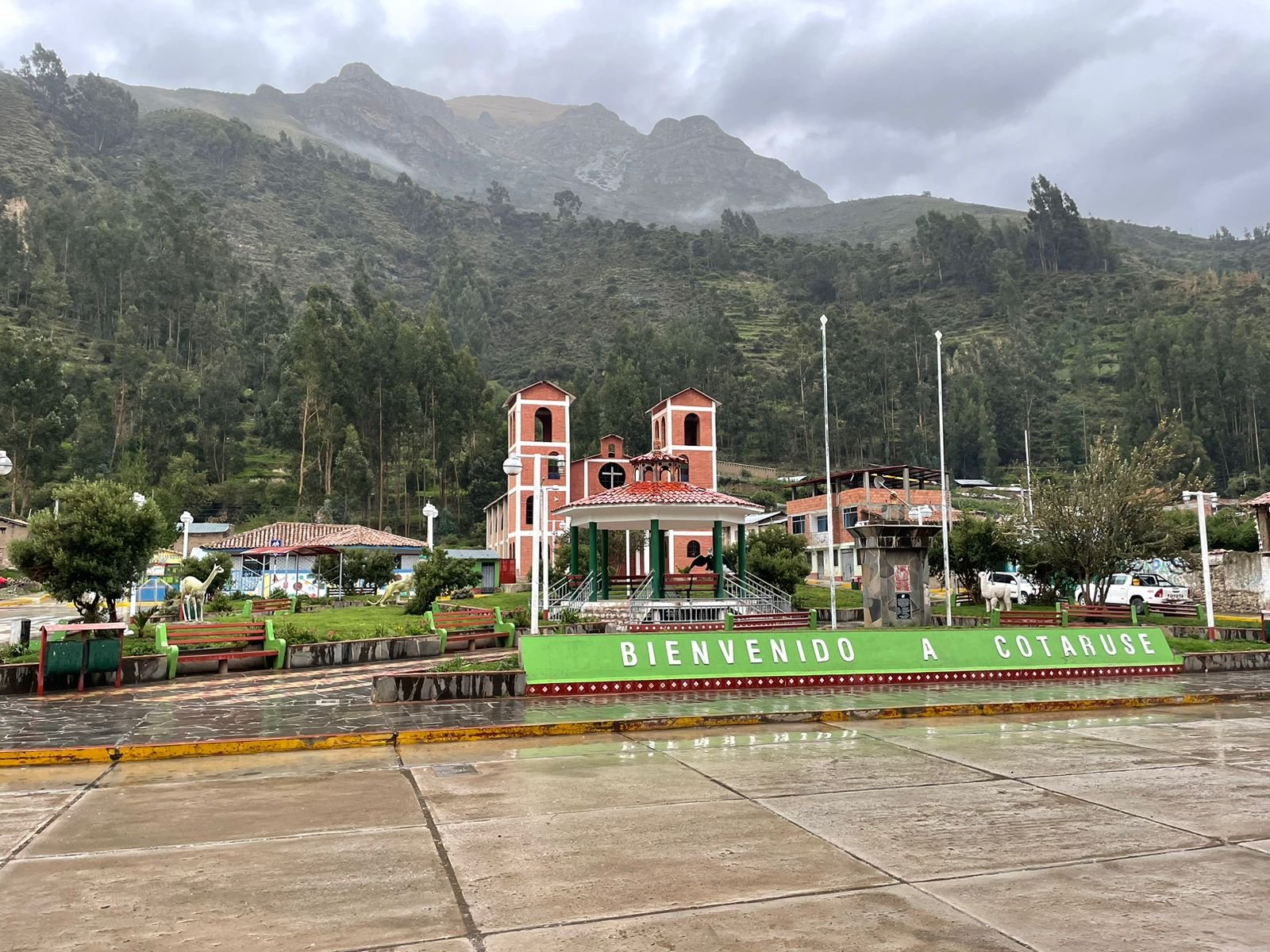Peru in crisis: A message from the founders
You can find the video in a combination of Quechua and Spanish here.
Given the recent events and sociopolitical crisis we are living in Perú, we’d like to share our perspective as the founders of Sinkumunchis:
First, we’d like to offer our deepest sympathy to the families of the more than 60 people who have died and the hundreds who have been injured due to clashes between police and protesters. We believe that violence is not, and will never be, the answer to solve the deep problems that Perú suffers from. We know that many of the deceased are from native, Quechua-speaking towns and communities. We especially feel these losses given our closeness to people from these communities. In addition, we believe that the limited coverage by the national media of the stories of those who died is due to the reality that people from these regions of Perú have long been isolated, forgotten, and discriminated against.
Our return to Cusco after holidays, from Lima on ground transportation, was very difficult. Nevertheless, this experience helped us learn up close different views and perspectives of this grave conflict that we are living in Perú. We lived a very particular experience in the town of Cotaruse in Apurimac, where we had to wait 6 days for the blockade to clear in order to continue on our path. We never felt threatened or in danger, contrary to what was reported in some newspapers about the situation. We were well received by the people from Cotaruse and surrounding communities, being able to access food and shelter. We even had the opportunity to release stress and played football with people from the community and truckers who were stuck in Cotaruse. It seems that on the pitch it is always much easier to see each other as equals. We were able to learn about the basic needs that a town like Cotaruse lacks, such as a decent hospital with the minimum required resources for legitimate operability, or a proper school so that kids and young adults can receive a worthy education.
When we were finally able to pass, the next blockade we encountered was in the town of Pampaconga, where people in charge of the protests did not provide coherent responses and did not respect a national truce allowing traffic to move forward. Due to this, the dialogue turned aggressive and we were required to turn back as they proceeded to throw massive rocks toward us and the rest of the drivers. These rocks were so big that they were capable of killing anyone below upon contact.
We were able to see both sides of the situation. Historically, nevertheless, there are many reasons for Andean people to feel aggrieved. Whether we agree or disagree with the methods of the protest, the reality is that we have a very limited view and understanding of what it’s like to feel completely isolated and forgotten, without many basic human needs, as many of these populations likely feel. This is not the first time that the right to protest for their well-being and improved prospects for their family is not guaranteed. Also, we lament that this situation means that the honest work of so many families has been affected, if not lost.
We see two sides fighting with the same flag in hand, with the same patriotic symbols. We are heavily against generalization and discrimination of a large Peruvian population due to the acts of violence committed by a small group of people that is only interested in anarchy and political opportunism. The familiar and chronic use of words like “terroristas”, “indios”, and “ignorantes” against our Peruvian brothers and sisters only serve to create hate, polarize our country more, and demonstrate the user’s own ignorance. Who are Peruvians? We all have always been “Cholos”.
We want to reiterate that Sinkumunchis is committed to continue supporting the development of kids and young adults from Andean regions and communities of Perú. Many of the reasons for which people are protesting are the same reasons that we opted to work with Quechua-speaking communities in the first place. We believe, today more than ever, that education is the most important tool to create better opportunities for our youth and bridge a very clear gap in Perú. An intercultural approach in the national school curriculum is required, including: teaching the Quechua language, championing the traditions and values of the Andean world, and providing a sincere history of our country. This will be crucial to heal and unify our youth to build a strong and united country that truly embraces and defends our diversity. A dialogue that will allow us to holistically understand the Perú that we all love.

